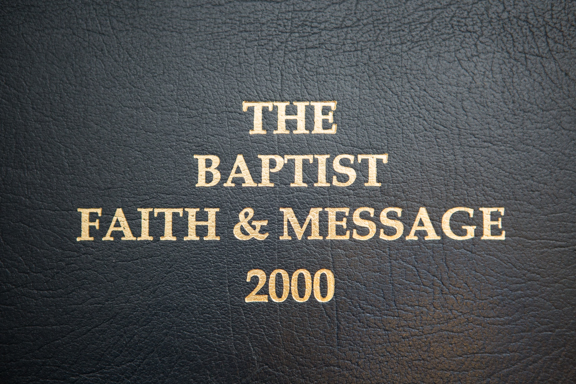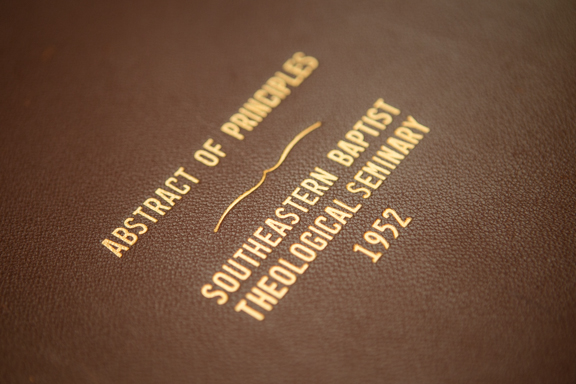Affirmed Statements
What We Believe
Equipping students to give their lives for the cause of Christ, in the Church, among the nations, and in every aspect of society.
The Gospel
We believe that God’s word tells the true story of the world, and the gospel is the true message of God’s plan of redemption in his Son, Jesus Christ, who saves all who repent and believe in him by the power of the Holy Spirit.
The gospel teaches that, even though God is perfect and holy and he created a perfect world, all humans without exception have sinned and fallen short of God’s glory. This sin has broken our relationship with God, with his creation, with one another, and with ourselves, leading to the deception, pain, sorrow, fear, shame, division, and death that characterize life in this world. No human effort, sacrifice, or ingenuity can ultimately repair what has been broken. No amount or quality of human works can atone for our sin, earn us salvation, or restore us before God.
However, God did not leave us in our sin. In the fullness of time, he sent his Son — both fully God and fully man — to become human like us, to live among us, and to be tempted in all points as we are yet be without sin. In his love, Jesus Christ, the Son of God, offered up his life on the cross to atone for our sin, paying the wages for our sin and bearing the weight of God’s wrath on our behalf. Living the life we should have lived and dying the death we deserved, Christ did not stay dead. He was buried, and on the third day he rose triumphant over sin, death, and Satan, offering his abundant resurrection life to all who will repent of their sins, confess him as Lord, and believe in him for salvation.
After ascending into heaven, having completed the mission he was sent to accomplish, Jesus sent the Holy Spirit to empower believers to walk in obedience, to serve in the community of the local church, and to live on mission in the world until he returns to make all things new.
To ask questions or talk further with someone, email [email protected].
Baptist Faith and Message 2000
Our confessions of faith are rooted in historical precedent, as the church in every age has been called upon to define and defend its beliefs. Each generation of Christians bears the responsibility of guarding the treasury of truth that has been entrusted to us [2 Timothy 1:14]. Facing a new century, Southern Baptists must meet the demands and duties of the present hour.


Abstract of Principles
The bylaws of the Southeastern Baptist Theological Seminary, Inc., adopted Dec. 7, 1950, provides that “all members of the faculty shall be required to subscribe to the Articles of Faith, or Beliefs, as adopted by the Board, and publicly sign these Articles at the opening of the session at which they enter upon their duties.” These articles were originally prepared for and adopted by the Southern Baptist Theological Seminary, founded in 1859.
Affirmed Statements
While the Abstract of Principles and the Baptist Faith and Message are the only confessional documents of Southeastern, the school’s leadership has also affirmed two other statements as a testimony to students and supporting churches.


Chicago Statement on Biblical Inerrancy
The authority of Scripture is a key issue for the Christian Church in this and every age. Those who profess faith in Jesus Christ as Lord and Savior are called to show the reality of their discipleship by humbly and faithfully obeying God’s written Word. To stray from Scripture in faith or conduct is disloyalty to our Master. Recognition of the total truth and trust‐worthiness of Holy Scripture is essential to a full grasp and adequate confession of its authority.
Danvers Statement on Biblical Manhood and Womanhood
In December 1987, the newly-formed Council on Biblical Manhood and Womanhood met in Danvers, Massachusetts to compose the Danvers Statement on Biblical Manhood and Womanhood. Prior to the listing of the actual affirmations that comprise the Danvers Statement, we have included a section detailing contemporary developments that serve as the rationale for these affirmations. We offer this statement to the evangelical world, knowing that it will stimulate healthy discussion and hoping that it will gain widespread assent.
